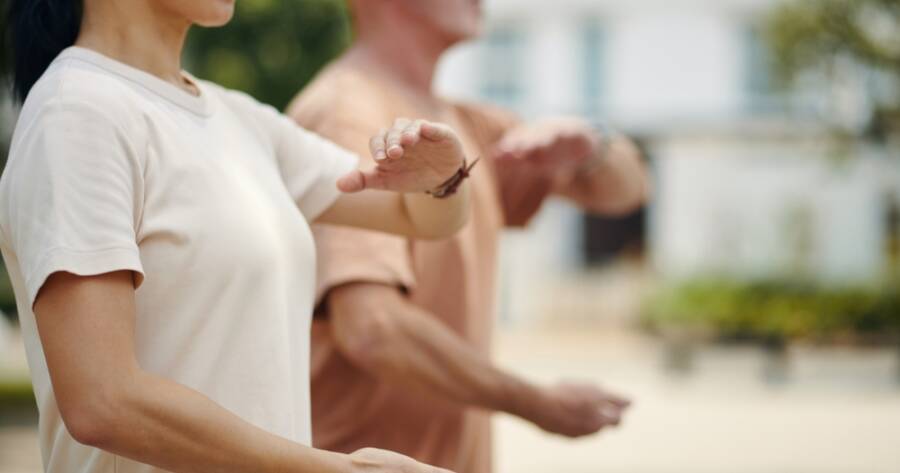Tai Chi, often described as “meditation in motion,” is a gentle form of exercise that combines slow, flowing movements with deep breathing and mental focus. Originating in China centuries ago, it has gained popularity around the world for its ability to improve both physical and mental well-being. Suitable for all ages and fitness levels, Tai Chi offers benefits that range from increased flexibility to reduced stress. Its adaptable nature makes it a lifelong practice that evolves with your needs.
Enhancing Physical Health at Any Age
One of the key benefits of Tai Chi is its ability to improve balance and coordination. For older adults, this can reduce the risk of falls, which are a leading cause of injury in seniors. The slow, controlled movements strengthen muscles in the legs and core while enhancing joint flexibility.
For younger participants, Tai Chi offers a low-impact way to build strength without stressing the body. Athletes sometimes use it to improve range of motion, posture, and body awareness, which can enhance performance in other sports. Because it places minimal strain on muscles and joints, Tai Chi is also a good option for those recovering from injuries or managing chronic conditions like arthritis.
Supporting Mental and Emotional Well-Being
Tai Chi is as much a mental practice as a physical one. The focus on mindful movement encourages you to stay present, helping to quiet racing thoughts and reduce stress. Studies have shown that regular practice can help lower anxiety levels, improve mood, and even support better sleep quality.
The meditative aspect of Tai Chi also makes it a valuable tool for emotional resilience. Practitioners often report feeling calmer and more centered after a session. This mental clarity can carry over into daily life, helping with decision-making, patience, and overall outlook.
Benefits for Children and Teens
While Tai Chi is often associated with adults, it can also be highly beneficial for children and teenagers. The practice can help improve concentration and self-control, which may enhance academic performance. The slow, deliberate movements can teach patience and persistence, qualities that are valuable both in and out of school.
Physically, Tai Chi can help young people develop coordination and body awareness without the competitive pressure that comes with many sports. It provides a safe space to be active while encouraging respect for one’s own body and the importance of steady, consistent effort.
A Practice for Lifelong Wellness
One of Tai Chi’s greatest strengths is its adaptability. Because the movements can be modified for different ability levels, it can be practiced throughout life, from childhood to advanced age. You can perform Tai Chi standing, seated, or even in water, making it accessible to people with mobility challenges.
Practicing regularly—even for just 10 to 20 minutes a day—can yield noticeable improvements in balance, flexibility, and relaxation. It requires no special equipment, and once you’ve learned the movements, you can practice anywhere. This makes it a sustainable form of exercise that can easily fit into any lifestyle.
Building Social Connection
Many people practice Tai Chi in group settings, which can add a valuable social element to the experience. Joining a class provides an opportunity to meet others with similar interests and create a sense of community. For older adults, these social connections can reduce feelings of isolation and encourage consistent attendance.
Even when practiced alone, Tai Chi connects you to a tradition that spans centuries and cultures. This connection can add a sense of purpose and continuity to your practice, making it feel like more than just another workout.
A Gentle Path to Better Health
Tai Chi offers a unique blend of physical, mental, and emotional benefits that make it suitable for all age groups. Its gentle, low-impact movements improve strength, balance, and flexibility, while its meditative focus promotes calm and mental clarity.
Whether you are a child learning patience, an adult managing stress, or a senior seeking to maintain mobility, Tai Chi can be adapted to meet your needs. By embracing this timeless practice, you can support a healthier, more balanced life at every stage.

